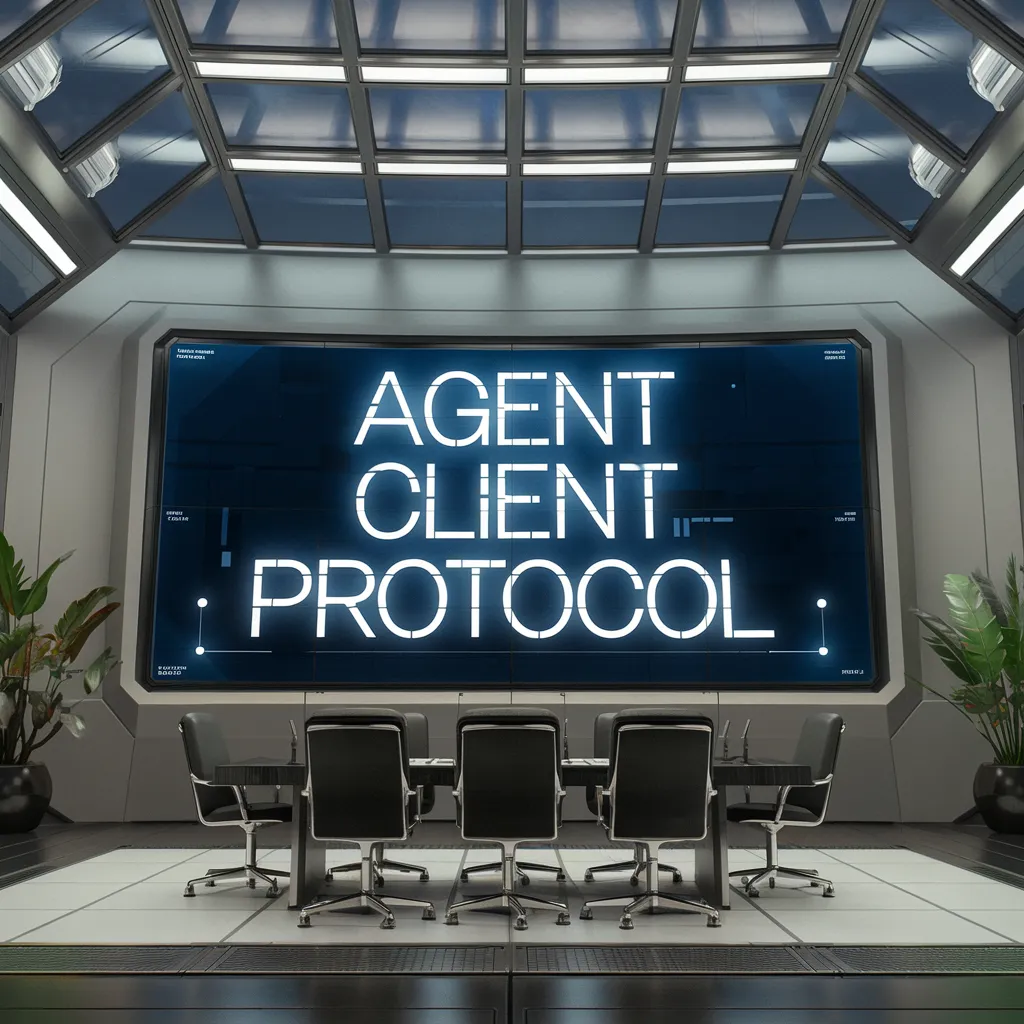
In the ever-evolving universe of technology, breaking through with a new protocol that promises seamless integration across platforms is like injecting a fresh breeze into a stale room. With coding agents burgeoning and each company striving to perfect its CLI-based solutions, standardizing communication between these agents and Integrated Development Environments (IDEs) is paramount. Enter Agent Client Protocol (ACP), a promising solution discussed in the Prompt Engineering YouTube channel’s video titled “Agent Client Protocol: The “New MCP” for IDEs and Coding Agents” published on September 14, 2025. This protocol, akin to the well-known MCP, aspires to become the new norm for unifying coding environments and helping developers breathe easy.
The video opened by addressing the current fragmentation and inefficiency prevalent among coding agents and IDEs. Presently, major companies are pushing their CLI-centric coding solutions, often leading to temporary fixes rather than robust native support. The advent of ACP is set to resolve this disconnect by standardizing communication, enabling users to visualize diffs directly within their IDEs, thus smoothing out workflow processes. The demonstration of ACP in action within the open-source IDE, Zed, illuminates its potential. With compatibility across Gemini CLI and Claude Code, Zed exemplifies tight integration and seamless user experience that ACP’s agnostic nature facilitates.
One effective aspect illustrated was the protocol’s capacity to empower users to switch agents fluidly mid-task. This flexibility, boasting native integrations in environments like VS Code, underscores the universality and utility ACP aims to furnish. However, it’s crucial to note the critique concerning its universality; while promising, this ambition is yet to be realized broadly.
The origin story narrated in the video lends credence to ACP, with Zed Industries and Google Gemini team spearheading its creation. The fact that it emerged from an open-source ethos augurs well for wider adoption and continued evolution. Nonetheless, despite its potential to reduce integration overhead, questions about its differentiations from MCP are inevitable. ACP maintains a distinct approach by allowing direct communication between the editor and coding agents, thereby differing from MCP’s tool-centric model.
Yet, not all is perfect with ACP. The video insightfully highlighted lingering security concerns reminiscent of ongoing challenges faced by MCP, suggesting that the new protocol still operates within a landscape of vulnerabilities. Despite these promising initiatives, ACP’s burgeoning path is fraught with challenges, notably widespread IDE adoption and ensuring robust security measures.
All in all, the audience was encouraged to delve deeper into ACP, foreseeing its potential to echo MCP’s impact but with broader implications in easing the development process. For viewers and developers, the unfolding story of ACP is more than just another protocol; it is a possible herald of standardization in a fractured ecosystem.